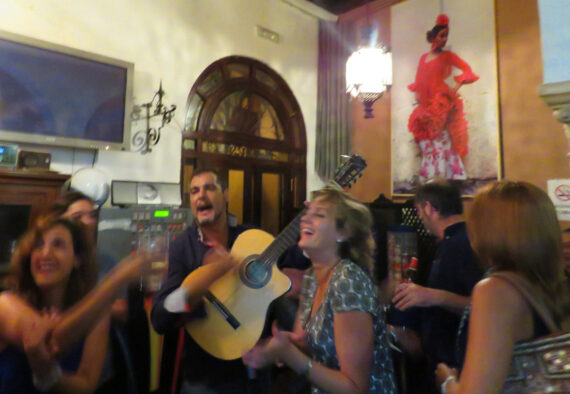
The Cultural Differences that make Spain unique
Spain is different. Some foreigners coming here love the differences and adapt quickly. Others have a harder time. For some, the cultural differences end up being something that lead them to move elsewhere (we know a few of those).
This post covers some of the cultural differences that make Spain unique.
Language and Multilingualism
The linguistic diversity of Spain is one of its most noticeable cultural contrasts. The official tongue of the nation is Castilian Spanish. But there are also four other official languages in Spain: Catalan/Valenciano, Galician, Basque and Aranese (mind you, only about 2,800 people speak Aranese).
This kind of linguistic diversity is not present in many other nations.
For many foreigners, this diversity can be a challenge. If Castilian Spanish isn’t challenging enough (we both learned Spanish in the Americas. Very different!) some parts of Spain will require you to learn another official language. Having lived in Quebec where the official language was French and where language was constantly politicized, one of our criteria when coming to Spain was to live where Castilian (and only Castilian) was spoken.
In short, the diversity of language is something one should be aware of and consider if thinking of relocating to Spain.
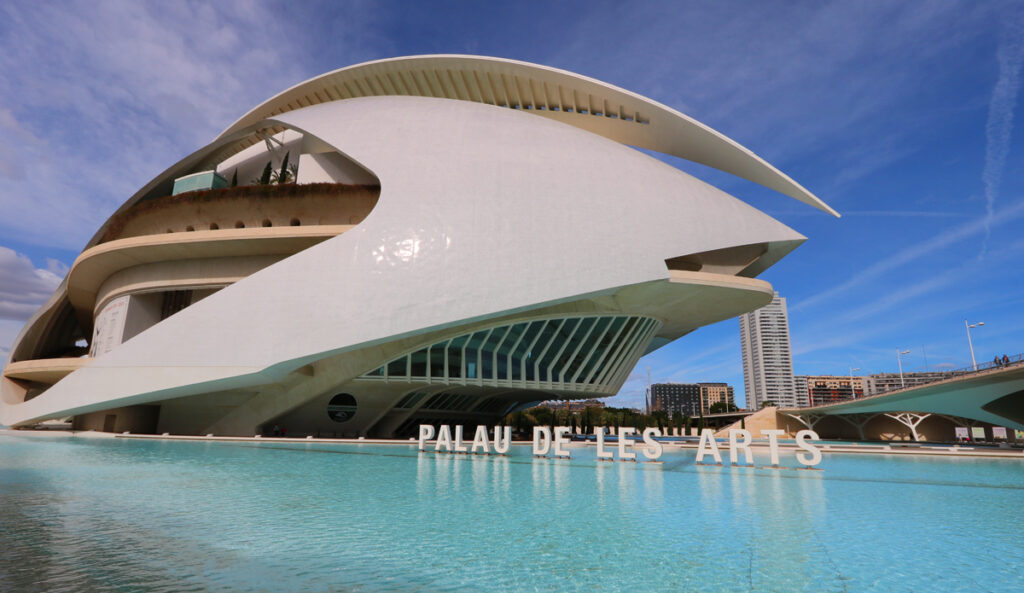
Writing school papers or work assignments can be complicated when dealing with different languages and/or educational systems. The essay writing services provided by EduBirdie offer quick results and satisfaction. Leave the writing and proofreading of your dissertations to the professionals.
Mediterranean Culture…with a unique twist
Spain has a Mediterranean culture. The proximity to the sea, the terrain, and the climate lead to a different gastronomy and regional differences (not just compared to other European countries but also within Spain itself).
While it is not the only country with a Mediterranean culture, Spain’s culture has also been shaped by its history, specifically it’s Moorish history. You’ll see it in its art, language, food and architecture. Where we live we have a large Alcazaba (Moorish fortress) looming over the city. It is part of what makes Spain “exotic” and very unique among its neighbours.
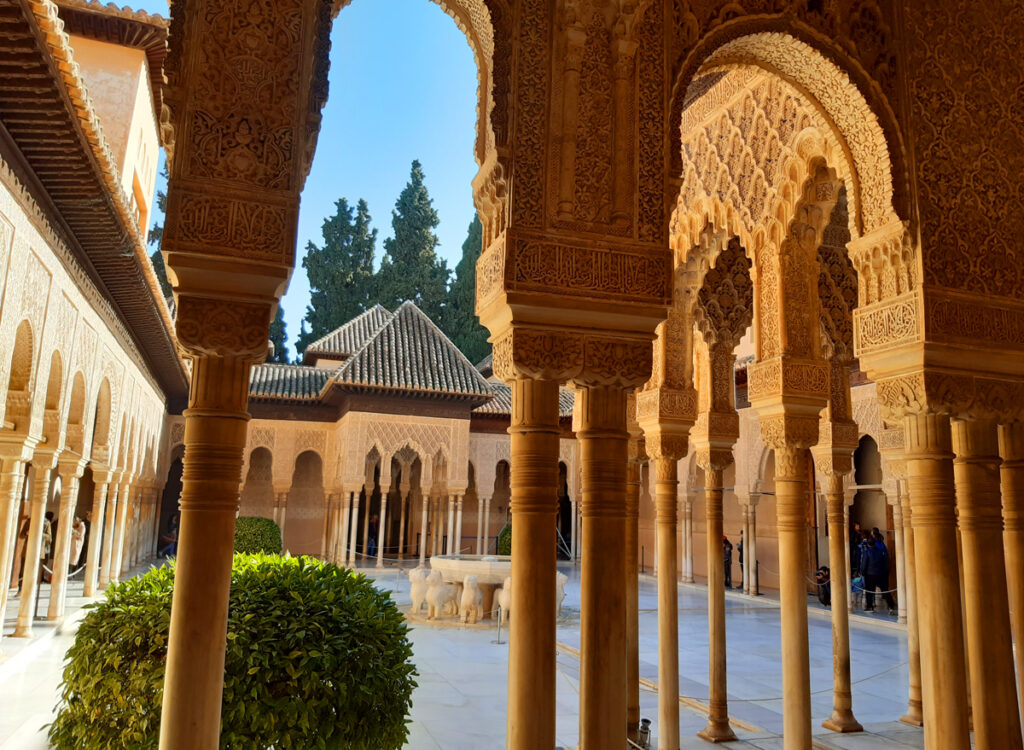
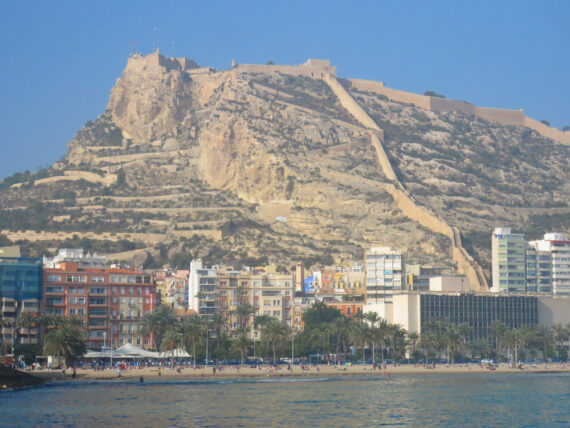
Siesta Culture
The Spanish siesta, a midday break from work, distinguishes Spain from many other nations. While there are variations of it in other Mediterranean nations (Italy comes to mind), the Spanish are more uniform in the practice of “the siesta”.
Many Spanish get angry when you mention the siesta: the insinuation is that they’re at home eating a big lunch and taking a long nap. That’s often not the case, the Spanish often take siesta time to do other necessary things that they don’t have time for in the morning or evening. But whatever they do, there is a real effect: in much of Spain towns and cities suddenly die from 2-5 pm. As a foreigner it can take some getting used to.
Taking your time
A Spanish person will never neglect a family engagement to rush somewhere. The family comes first (this is a quality that you tend to find more in Latin America than in Europe). For the foreigner, Spanish time habits might take some getting used to. But for the Spanish, it’s a part of life. They’ll take long meals, chat, and say their 20-minute goodbyes. It’s up to you to recognize that you’re in Spain and that priorities are different.
Young adults leaving home
The Spanish are among the oldest in Europe to leave their parent’s house (the average is 29.8 years old. In Finland, Sweden and Denmark, the average is about 20 years old). Many of the reasons are economic: there is a high youth unemployment rate (almost 30% per latest 2023 figures) and rental prices are high in relation to salaries.
But another reason is that the Spanish don’t want to leave home young to come back later. They feel they would be considered a failure. So they’d rather leave when they feel that they are in a more stable situation.
Festivals and Celebrations
Spain has TONS of festivals and celebrations. More than we’ve seen anywhere else. There’s Samana Santa, the August Feria, Carnival, tons of regional festivals, even more religious days where things are closed…
The Spanish are proud of their culture and festivals and attending the various celebrations is a highlight of living/visiting Spain.
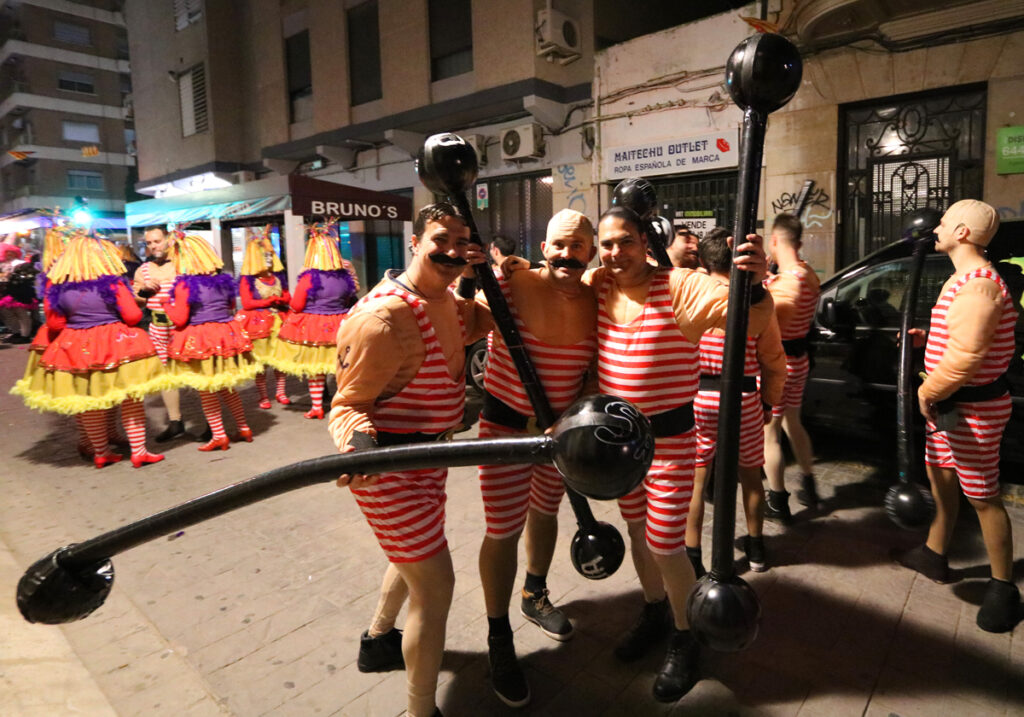
Spain is a collective society
That’s a pretty blanket statement and there are of course exceptions, particularly in the larger cities where individualism may be similar to that found in countries like the United States, UK and Germany. But generally, the Spanish are a collective, friendly and tolerant people. It’s what attracts many foreigners to Spain.
I’ve mentioned it before – the Spanish have more in common mentality-wise with Latin Americans than they do with Northern Europeans (who can be perceived as rude and aggressive to the Spanish).
Spain is Noisy
Yes, it’s true. According to the WHO (World Health Organization), Spain is the noisiest country in the European Union. It is estimated that in Spain more than 9 million Spaniards live daily with noise levels above 65 decibels (dB), the maximum level recommended. Adults speak loud, kids yell and act up without anyone correcting them, even their dogs bark and bark without interruption…
What to do? Adapt and do the same. Because it’s just part of life in Spain.
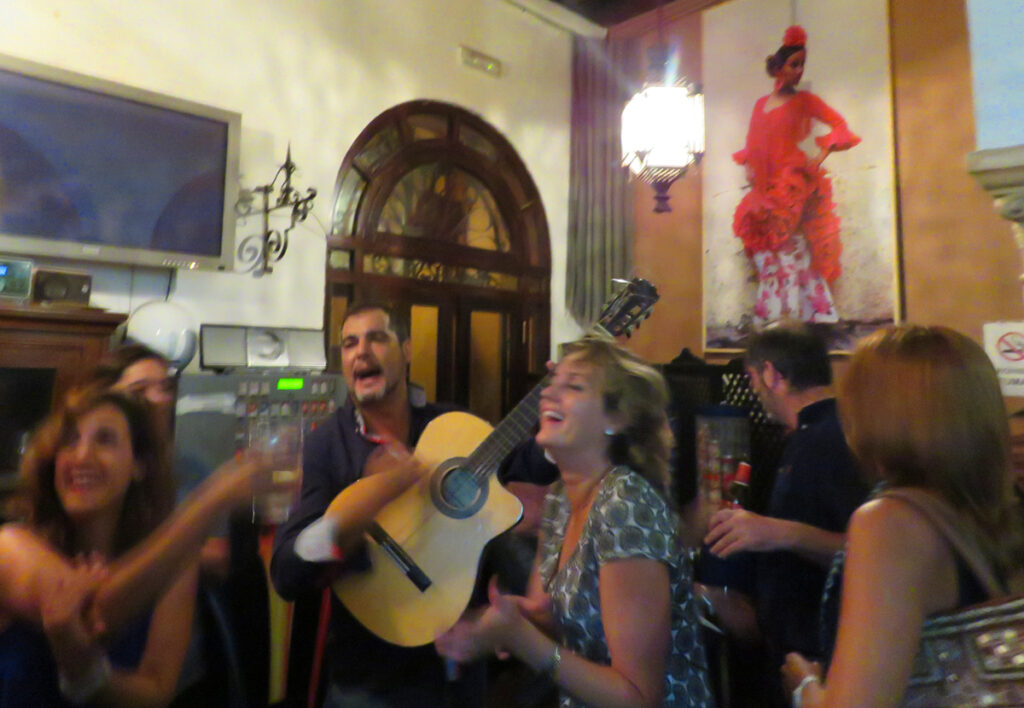
Spanish cuisine
Spain has a diverse cuisine but there are commonalities: olive oil, wine, ham, cured cheeses, fried fish, nuts, fruits and vegetables (although you might find some of these healthy items hard to find on a restaurant menu). It’s a Mediterranean diet but one that is unique among Mediterranean countries.
Have an opinion on other differences that make Spain unique? Let me know and I’ll add it to the list.

Related: Where to retire: Mexico…. or Spain?
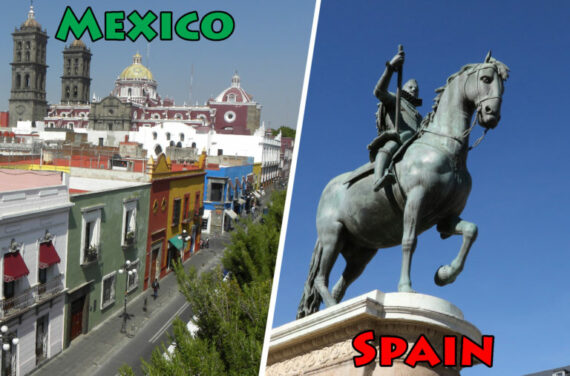
Related: Why you should get Permanent Residency in Spain
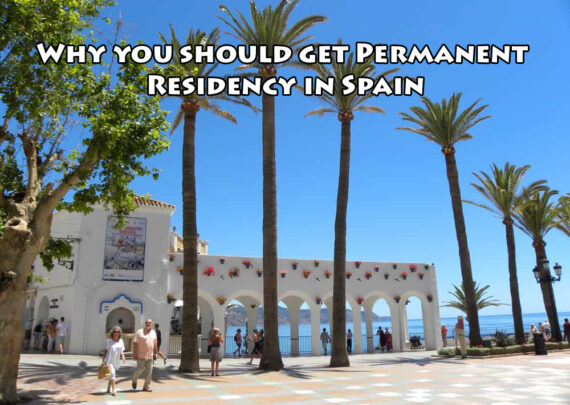
Related: How to Get a Spanish Non-Lucrative Residence Visa (a step-by-step guide)


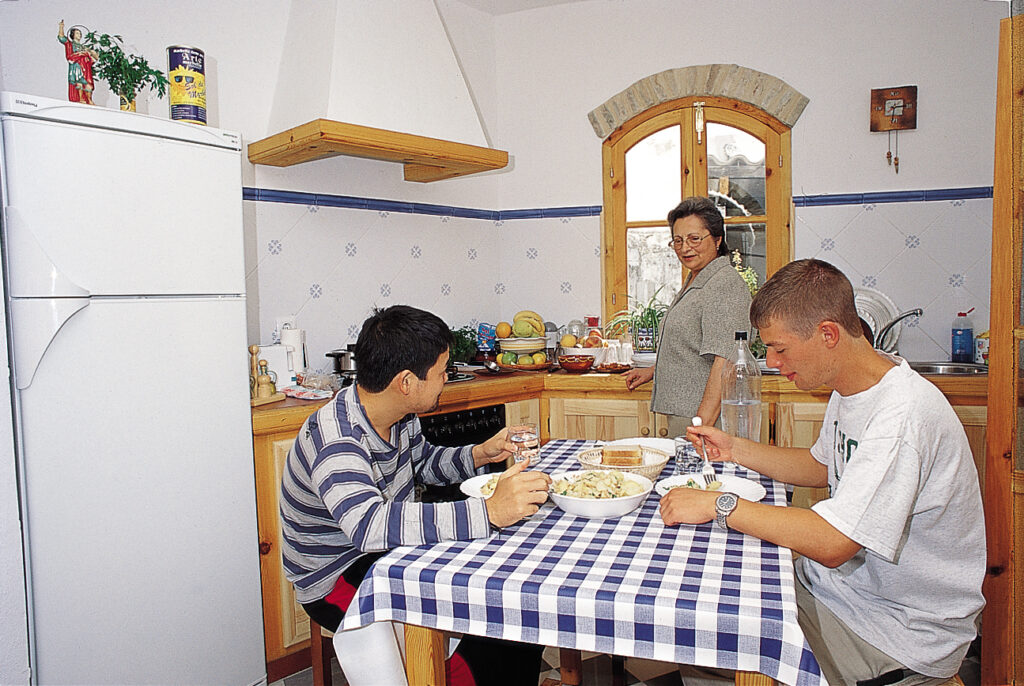
We followed your advice and recently visted Madrid, Seville, Cordoba and Granada – Loved all of them. Seville was incredible especially as we had an incredible food tour there and I just loved loved the tapas bars. We also visited Barcelona. Loved Spain so much. I’m going to travel from New Zealand again next year, I work remotely so if I have my laptop I can use shared working places. Loved Spain so much, the food was fabulous, and don’t even start me on the Vermouth !!! I brought home 7 bottles.
Great to hear Mark! What kind of Vermouth did you buy? Had one experience with it and didn’t like it at all…but you’re making me think maybe we just didn’t buy the right thing.
As an introverted HSP (perhaps a bogus diagnosis but it does capture something real imo) I could never live there, but I could see how others could be happy in Spain. You (Frank) don’t strike me as particularly extroverted so I wonder how you deal with it? Would you prefer to live in Northern Europe if it was sunnier and 10 degree Celsius warmer all year round but everything else stayed the same?
HA! You’re mostly right. I actually like meeting people more than Lissette does (people think she’s extraverted but isn’t at all) but all-in-all we prefer time together rather than with others. The occasional outing is nice though.
Hmm, good question. Either exactly how you say it…or if Spain was just how it is but about 10 C cooler (but we’ll keep the sunny skies). If there’s anything we’ve had issues with is Spain is the constant heat 🙂 There’s places in Northern Europe we love but there are lots we love about Spain as well. Just that heat…
I don’t think noise has anything to do with introversion. I’m very introverted and noise doesn’t bother me. Being around a lot of people in a social environment does though and even if you live in Madrid you don’t *have* to socialize with a lot of people.